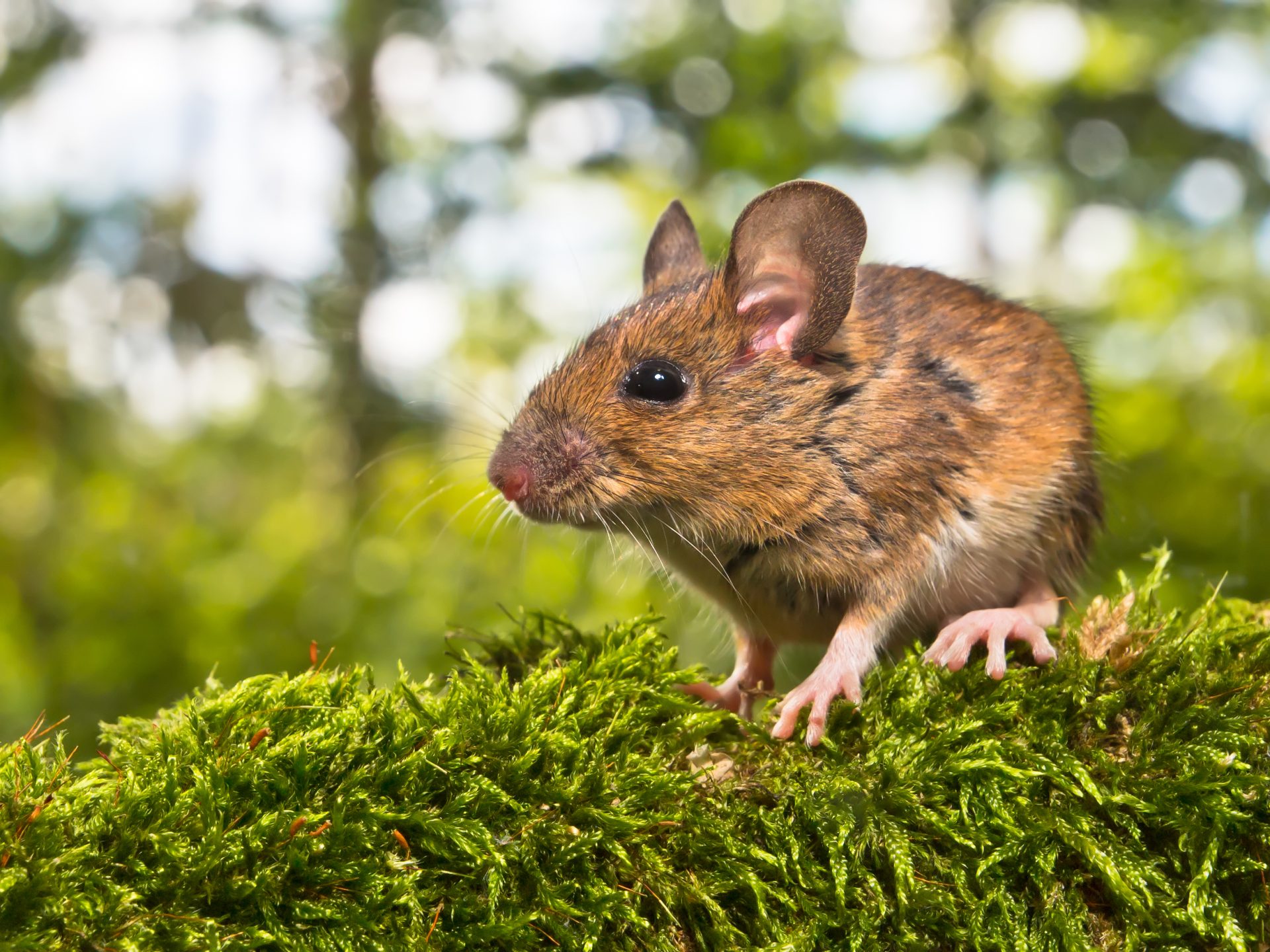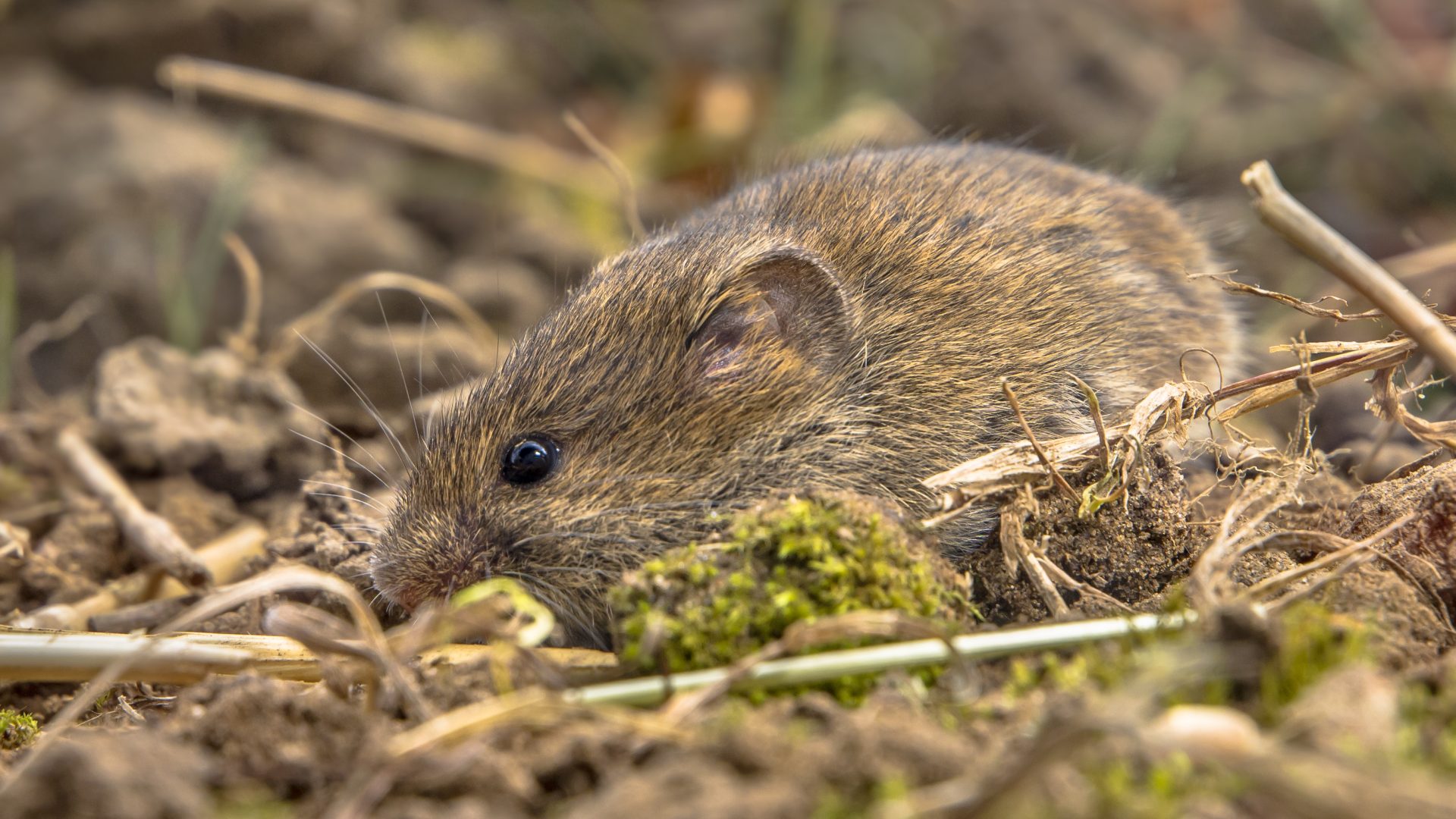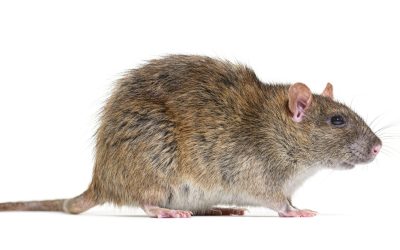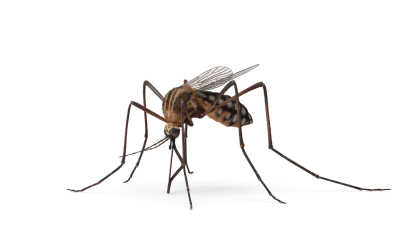The presence of rodents in your home can be extremely destructive. These furry tails multiply quickly and carry some negative consequences. From droppings, holes in walls, and bite marks, to damage to your property, its contents, the yard, electrical wires, and exterior walls, it’s easy to spot the common signs of rodents in your home before the onset of an allergic reaction.
There are several species of mice. Though they may appear similar, they possess a unique set of characteristics that aid in identifying which species you’re dealing with.
In this guide, you will learn about field mice, how they look, how dangerous they can be, and how to get rid of them permanently.
What are field mice?
Field mice are types of mice that live outdoors. Nevertheless, it isn’t impossible to find field mice in your home. Field mice typically prefer to live in forests, rural areas with farms, and dense grasslands.
Although field mice may be used to refer to any mice that live outdoors, it is most often associated with deer mice, Peromyscus maniculatus.
- The name “field mice” or “field mouse” originates from the fact that these deer mice are commonly found around open fields and rural areas.
- Deer mice might be known for living outdoors. However, if the opportunity presents itself, they may be just as interested in living inside your property as house mice.
- If you live close to farms, forests, fields, dense vegetation, or rivers, then field mice can be a common pest in your area.
What do field mice look like?

A field mouse’s body length ranges from three to four inches. These types of field mice possess a pair of rounded ears and a two-toned tail that is light under and dark on the top. The mice themselves are bi-colored. Their underside is covered in white colored fur while their outer side (back and top of head) is light brown in color.
In comparison with house mice, deer field mice possess tails that are covered in short hair, while house mice have hairless tails. Also, deer field mice are small, skinnier, longer, and brighter.
What do field mice eat?
Field mice are omnivorous. This puts a wide variety of foods in their natural diet. Deer field mice can feast on different plant and animal matter. Some typical food sources for a deer field mouse include fruits, nuts, flowers, seeds, caterpillars, insects like beetles, and other invertebrates. These field mice also feed on carrion and may sometimes feed on their own feces.
How long do field mice live?
Deer mice have a potential life span of about eight years. Nevertheless, these field mice are defenseless in the wild and are likely to die before the age of one. The mortality rate of field baby mice is high, and even adult field mice out in the wild are likely to die before the age of two due to predator attacks.
Some predators of field mice include hawks, foxes, bobcats, snakes, and minks. If a field mouse finds your home to be a new cozy habitat, it is likely to leave its natural abode and move into yours as it would provide a safe environment. It would then reproduce inside your home in the process. This is why you need to get rid of field mice immediately after you detect them.
Are field mice dangerous?
Field mice do not directly attack humans. When threatened, they will only choose to bite as a last resort and will rather run away. However, field mice are carriers of diseases like hantavirus and are thus considered dangerous. Hantavirus, for example, results in a severe respiratory disease in humans that can become fatal.
Field mice can spread the diseases they carry directly to humans through their feces, urine, bites, saliva, or mere contact. They can also spread them indirectly through ticks, mites, or fleas that have been in contact with the infected mouse or its droppings and proceed to make human contact, thus transmitting the infection.
Hantavirus, Salmonella, Lymphocytic Choriomeningitis, Plague, Lyme disease, and Colorado Tick Fever are some of the dangerous diseases associated with mice and the parasites they carry. Hantavirus in particular is common with deer field mice.
In a nutshell, field mice are dangerous and your home should be guarded against them at all costs.
How to get rid of field mice permanently
If you notice signs of rodent activity in your home, you need the immediate attention of pest control specialists to remove a likely infestation.
At Shoreline Environmental Pest Solutions, we take the infestation of field mice very seriously. Our rodent extermination team will inspect your home for signs of a field mouse infestation. Once confirmed, we will begin the removal process and seal your property afterward to block passages made by these field mice in and out of your home. We will then disinfect your home to prevent the spread of diseases carried by these mice. We will carry out procedures to guard your home against future infestation and provide you with some actionable tips to prevent future entry of mice into your home.
We have over five decades of experience in pest control and have just the perfect field mice control plan for your home. Call us today or use the contact form now for a no-cost field mice inspection of your home and a free quote. Let’s get your rodent infestation under control!





0 Comments